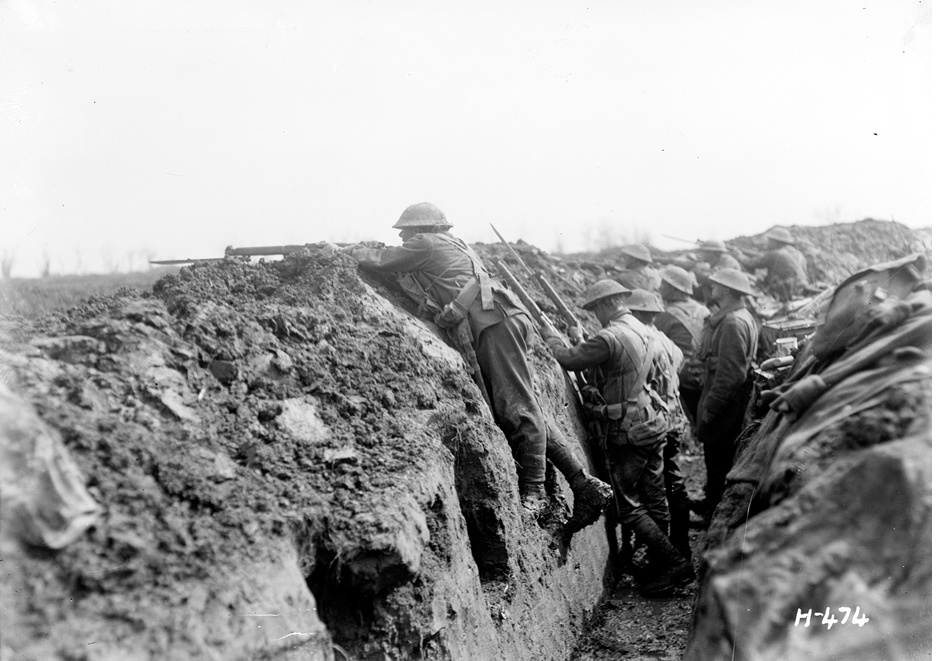Last week I addressed the issue of trying to be too specific or too general in identifying a reader-market and the need to continually address new generations.
Today, let’s discuss the culture in the United States and the Christian writer. Here are some unavoidable things to keep in mind as you write:
- Ours is an “entertainment culture” where all forms of diversion are more important than just about anything.
- Ours is a “drinking culture” where alcohol in all forms could be characterized as socially and economically important to more people than ever before.
- Ours is a “sexualized culture” where certain behavior is assumed and even encouraged.
- Homosexuality is a widely accepted lifestyle.
- Most people generally hold a mix of political views, making them difficult to label.
- Divorce is prevalent and long-term co-habitation is common.
- Fewer and fewer children have a mother and father who live with them.
- People do not work at the same company their entire lives, then retire. Pensions are something for public employees only and probably not forever. Retirement will come later and later.
With the above I am addressing the culture as a whole, churchgoers and non-churchgoers. In addition, Christians have this going for them:
- Most have a mix of theological views, many which have little or nothing to do with Scripture. They struggle to reconcile the list above with the Bible.
- Church attendance is either shrinking or growing depending on who you talk to, but it is more commonly described as sporadic and unpredictable.
As Christian writers go about the process of developing their work, they write to a less-than-ideal world where things are not at all like some Christian Norman Rockwell image might suggest.
Events which occurred in the Garden of Eden took care of this issue for everyone.
Years ago, I heard the worst church sermon ever. Instead of illuminating a passage of Scripture, the speaker seemed to assert:
- All Christians vote Republican
- All Christians were disgusted at “liberal” social gospel teachers.
- All Christians were repulsed by television preachers.
- All Christians should distrust the media.
- All teenagers were irresponsible.
- Every male should be a great financial provider for their family of multiple children and their stay-at-home wife and mother.
- Public schools are all evil, liberal strongholds of negative influence and should be fought or avoided.
Agree or disagree with the statements, placing every believer under the same umbrella felt wildly simplistic.
Certainly, it is easier to treat people as homogeneous “markets” where everyone looks, acts and thinks alike, but unfortunately, it is much more complex than that. The market for Christian books is made up of people struggling with all sorts of things and often seeking comfort in everything but their faith.
That’s the world to which you write, one which is not what you think, or would like to think.
Metaphorically speaking, there is no such thing as preaching to the choir.
People are complicated, almost immune from categorization and require authors rely heavily on immutable Biblical principles, which they know still apply, despite changes in culture.
You are not writing a book for married women. You are writing a book for a woman who is struggling every day to find stability amidst shifting sands, seeking to love God above all else and love their neighbor in spite of her circumstances. And by the way, her husband won’t go to church and her son is making terrible life choices.
When you write, don’t think about writing to people living lives you think they should live. Write to real people. They are all seeking to grow in their faith amidst all the list of influences I mentioned above.
The ground is shifting and if the foundation is not strong, the building will crumble.
In conclusion, if writing comes easy for you, you probably aren’t thinking about an audience of readers as you should. You think you know them, but they are unreal caricatures.
This is why it is important for writers of non-fiction to have a speaking ministry as part of their life work. It connects them to actual people as they interact.
You should sit in humble silence before you dare put anything on paper.
When you truly know your audience, writing from your faith should be hard, as you ponder how imperfect the world is and how deep is the love of God.











